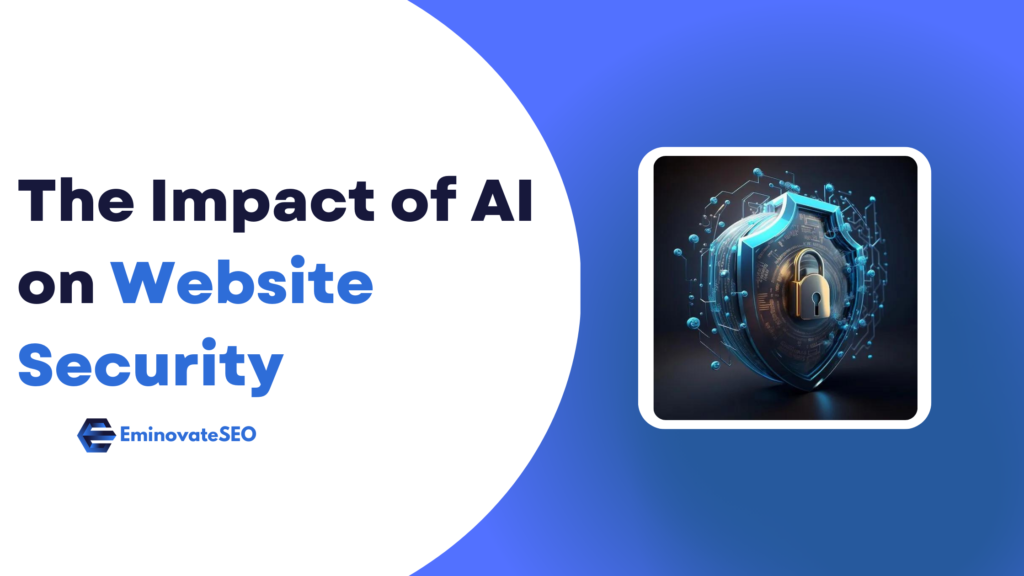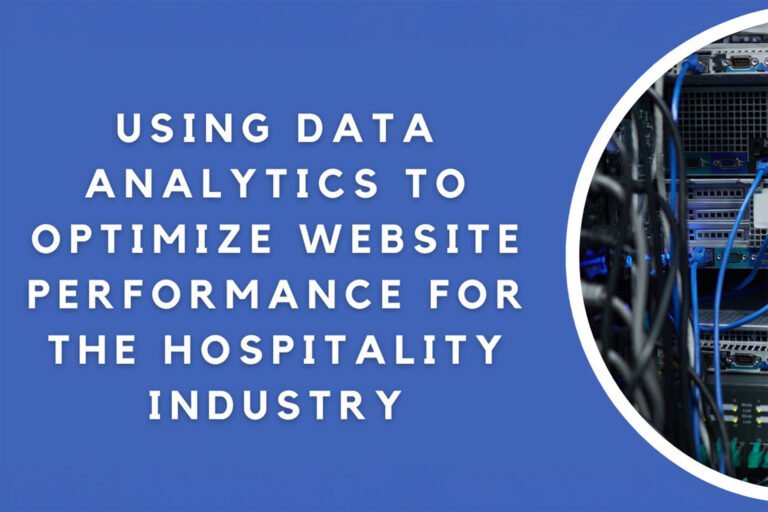In an increasingly digitized world, websites have become the face of businesses, serving as crucial channels for communication, transactions, and data storage. As AI technology advances, so do the threats that compromise website security.
This is where artificial intelligence (AI) emerges as a game-changer, providing innovative solutions to protect websites from cyber attacks and ensuring a safe digital environment. This article will explore how AI is revolutionizing website security, its key applications, and the benefits it brings to safeguarding our online presence.
1. Understanding Website Security
Before delving into the role of AI, it is vital to grasp the concept of website security. Website security encompasses protective measures to safeguard websites and their sensitive data. It involves thwarting malicious activities such as hacking, data breaches, malware, and other cyber threats that aim to exploit vulnerabilities in the system.
2. The Rise of AI in Website Security
AI is rapidly transforming the website security landscape by augmenting traditional security measures with advanced capabilities. Leveraging machine learning algorithms, AI empowers security systems to adapt, learn, and identify patterns from vast amounts of data, enabling real-time threat detection and prevention. Let’s explore some key ways AI is making an impact:
2.1 Threat Detection and Prevention
To spot patterns suggestive of malicious activity, AI algorithms can scan enormous volumes of data, including network traffic, user behavior, and system records. This enables early detection of potential threats, allowing website administrators to mitigate risks before they escalate proactively. With AI-powered systems, businesses can fortify their websites against various cyber attacks, including DDoS (Distributed Denial of Service) attacks, SQL injections, and cross-site scripting.
2.2 User Behavior Analysis
Using AI-driven analytics, website security systems can learn and understand normal user behavior patterns. Deviations from these patterns, such as unusual login attempts or abnormal data access requests, can trigger alerts for potential security breaches. AI enables dynamic risk assessments, enhancing the ability to identify and respond to suspicious activities promptly.
2.3 Fraud Detection and Prevention
AI is pivotal in combating online fraud by analyzing vast datasets and identifying fraudulent patterns. It helps prevent unauthorized access, account takeovers, and fraudulent transactions by assessing numerous data points and validating user credentials in real time. Businesses can significantly reduce financial losses and protect their customers’ sensitive information by employing AI algorithms.
3. Enhancing Website Security with AI
The integration of AI into website security practices brings several notable benefits. Let’s examine some of the main benefits that AI provides:
3.1 Real-time Threat Intelligence
AI-driven security systems can continuously monitor and analyze incoming data, providing real-time threat intelligence. This allows businesses to stay one step ahead of cybercriminals by identifying emerging threats, adapting security protocols, and implementing proactive measures promptly.
3.2 Automated Incident Response
AI automates incident response, reducing the response time to potential threats. By analyzing historical data and employing predefined rules, AI algorithms can autonomously respond to security incidents, minimizing human error and mitigating security breaches swiftly.
3.3 Advanced Malware Detection
Malware poses a significant risk to website security. AI-powered systems excel at detecting and combating evolving malware threats by analyzing patterns, behavior, and characteristics associated with malicious software. This proactive approach enables businesses to safeguard their websites against both known and emerging malware strains effectively.
3.4 Improved Authentication Systems
AI contributes to enhanced authentication mechanisms, augmenting traditional username-password systems. By leveraging biometric authentication, such as facial recognition and fingerprint scanning, AI ensures a more secure and seamless user experience, mitigating the risks associated with weak passwords and stolen credentials.
4. The Future of AI and Website Security
AI’s impact on website security will only become more profound as it advances. Here are some future possibilities:
4.1 AI-Enabled Threat Hunting
AI-powered threat hunting will enable security systems to proactively seek out and neutralize potential threats, even before they manifest as attacks. By leveraging AI’s predictive capabilities, websites can anticipate and prevent sophisticated cyber threats, effectively protecting their digital assets.
4.2 Enhanced Security Analytics
AI will continue to evolve as a vital tool in security analytics. By continuously analyzing and learning from vast amounts of data, AI algorithms will unveil valuable insights into emerging threats, enabling security professionals to make data-driven decisions and enhance their overall security posture.
4.3 Autonomous Security Systems
In the future, AI-powered security systems may operate autonomously, leveraging intelligent decision-making capabilities to detect, prevent, and respond to cyber threats without human intervention. Such systems offer unparalleled speed, precision, and adaptability in combating evolving security risks.
Conclusion
AI is revolutionizing website security by effectively empowering businesses to protect their digital assets. From real-time threat detection and prevention to advanced malware detection and improved authentication systems, AI is at the forefront of safeguarding our online presence. AI’s role in website security will undoubtedly grow as technology evolves, paving the way for a more secure and resilient digital future.
FAQs
1. How does AI help detect and prevent DDoS attacks on websites?
AI analyzes network traffic patterns to identify unusual spikes or patterns associated with DDoS attacks. It enables proactive measures to mitigate the attacks and ensure website availability.
2. Can AI-powered security systems adapt to new and emerging threats?
AI systems can continuously learn from new data and adapt to evolving threats. By analyzing patterns and behaviors, they can detect previously unknown threats and adjust security protocols accordingly.
3. What is the advantage of using AI in fraud detection for e-commerce websites?
AI enables the analysis of vast amounts of data to identify real-time fraudulent patterns. This helps prevent unauthorized access, account takeovers, and fraudulent transactions, protecting businesses and customers from financial losses.
4. Will AI replace human involvement in website security?
While AI enhances security measures, human involvement remains crucial. Human expertise is essential for interpreting AI-generated insights, making strategic decisions, and responding to complex and unique security incidents.
5. How does AI contribute to improving user authentication systems?
AI augments traditional authentication systems by leveraging biometric technologies such as facial recognition and fingerprint scanning. This enhances security by providing more robust and convenient authentication methods while mitigating the risks of weak passwords.




